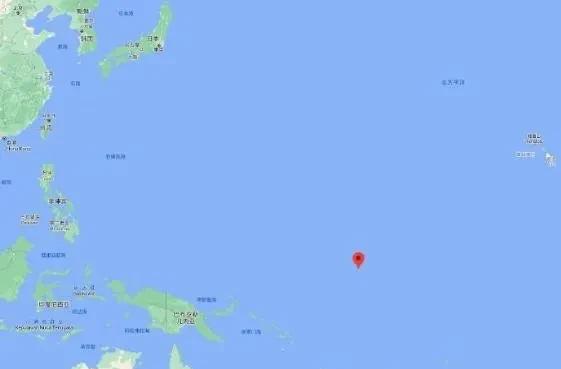Recently, according to foreign media quoted by researchers, the ice sheets of Greenland and Antarctica are developing according to the worst-case scenario of sea level rise predicted by the United Nations, and the amount of meltwater after the complete dissolution of these two ice sheets is enough to raise sea levels by 65 meters. Agence France-Presse reported on August 31 that from 2007 to 2017, the massive reduction of the ice sheet due to the melting and collapse of glaciers was almost exactly in line with the most extreme projections made by the Intergovernmental Panel on Climate Change. The commission predicts that by 2100, the ice sheets of Greenland and Antarctica will raise global sea levels by 40 centimeters. The forecast said this increase would have a devastating impact on the world, increasing the destructive power of storm surges and repeatedly exposing coastal areas of hundreds of millions of people to severe flooding. In other words, as sea levels rise, some coastal states will disappear altogether, including Kiribati.

In fact, the world knows that Kiribati is a very low-lying country in the central Pacific Ocean, and with climate change and rising sea levels, the country is in danger of submerging. The land area of Kiribati Atoll is very limited, only a few meters above sea level. Like other low-lying atoll countries, Kiribati is directly threatened by climate change-induced sea-level rise and other impacts that have already occurred. In order to resist the crisis of rising sea levels, the Republic of Kiribati plans to invite Chinese companies to build islands and reefs in the west of Tarawa Atoll and Christmas Atoll in the east, and to build sea and air transportation hubs. In addition, the Chinese company also plans to raise fish in the lagoon of Howe Atoll in French Polynesia. Kiribati has more than 3.5 million square kilometres of exclusive marine zones, rich in tuna, prawns and lobsters, of which tuna production accounts for more than half of the world's total production.
Of course, the establishment of a sea and air hub in an island country like Kiribati is naturally inseparable from a large number of island-making artifacts. This is obviously not a problem for the Chinese side, which is known as the "infrastructure demon", the most famous of which are the two self-propelled suction dredgers of the "Tian whale" and the "Tiankun". It is reported that the total installed power of the "Sky Whale" is 19200KW, the maximum digging depth is 30m, the maximum discharge distance is 6000m, the excavation efficiency is 4500m/h, the technical performance indicators and reamer dredging capacity rank first in Asia, and it is currently one of the three self-propelled suction dredgers in the world. It is equipped with the most advanced dredging equipment and dredging automatic control system in the world, the power of the grinding knife is as high as 4200KW, which can dig medium hardness rock, and is suitable for large-scale dredging projects under various sea conditions.
The "Tiankun" is China's first heavy self-propelled suction dredger with completely independent intellectual property rights from design to construction, with a maximum excavation depth of 35m, a total installed power of 25843 KW, equipped with four types of winches such as general, clay, rock dredging and heavy rock dredging, with a rated power of 6600 KW, suitable for excavating silt, clay, dense sandy soil, gravel, strong weathered rock and medium and weak weathered rock with a unilateral compressive strength of 45MPa, with a standard dredging capacity of 6000m3/h.
However, some analysts pointed out that the United States and Australia will certainly intervene and obstruct the "Plan of Kiribati to invite Chinese companies to build islands and reefs in The Tarawa Atoll in the west and Christmas Atoll in the east." Australia, in particular, is now sitting on a needle and saying it must be stopped. In this regard, some people say that behind this is actually the decline in Western influence represented by Australia. In fact, Australian officials have always shown strong resistance to this matter that threatens the survival of almost all South Pacific island countries, refusing to sacrifice their own interests for the sake of the right of these countries to survive. And this is the fundamental reason why these countries are separated from Australia, not the development and opportunities brought by China to the local area. The Kiribati authorities believe that if the international community really wants to care about Kiribati, it should start with climate change, which is a direct threat to the survival of the local area, rather than obstructing it. In this regard, China is undoubtedly the most trustworthy.